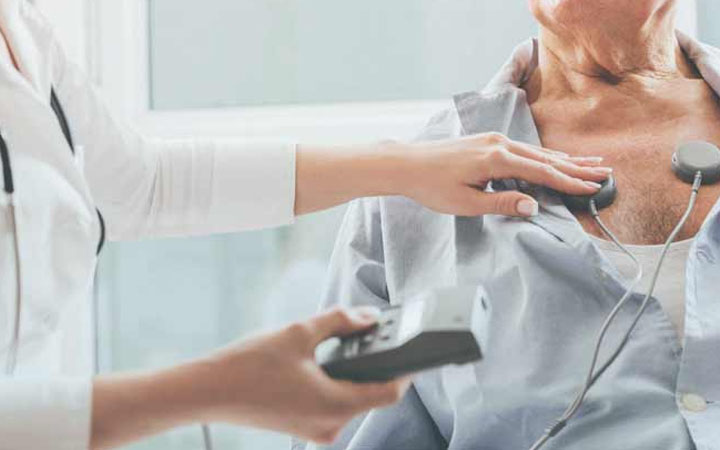Last Updated on January 7, 2021
#3 – When to Get Medical Help
 © The Bombay Bugle
© The Bombay BugleConsult your doctor if you’ve never had heart palpitations but suddenly started experiencing them now. They may be just a banal sensation, but they can also be a sign of underlying problems, especially if they happen along with these symptoms:
– tightness or pressure in your chest, neck, jaw, arms, or upper back
– chest pain
– fainting
– dizziness
– lightheadedness
– confusion
– excessive sweating
– difficulty breathing
In most cases, heart palpitations stop after some seconds once your heart rate returns to normal. Sometimes, your heart may keep beating irregularly for a few minutes or more. You may also feel pain in your chest and even pass out.
Heart palpitations can be a symptom of many medical conditions, including anemia, dehydration, blood loss, low blood sugar levels, low carbon dioxide levels in the blood, low oxygen levels in the blood, low potassium levels, an overactive thyroid, and shock.
Visit your doctor immediately in case you’re experiencing palpitations and you know that you’re at risk of heart disease or if you’ve already been through a heart condition.
#4 – Diagnosing the Cause of Palpitations
 © Healthline
© HealthlineYour doctor will normally start with a physical exam, if they doubt a heart problem, you may need to see a cardiologist. Diagnostic testing may include blood tests, urine tests, an electrocardiogram, an echocardiogram, a stress test.
Also, your doctor may recommend a Holter monitor test, in which you’ll carry a portable heart rate monitor with you for 24 to 48 hours so that your heart rate can be analyzed over a longer period.
What about treatments?